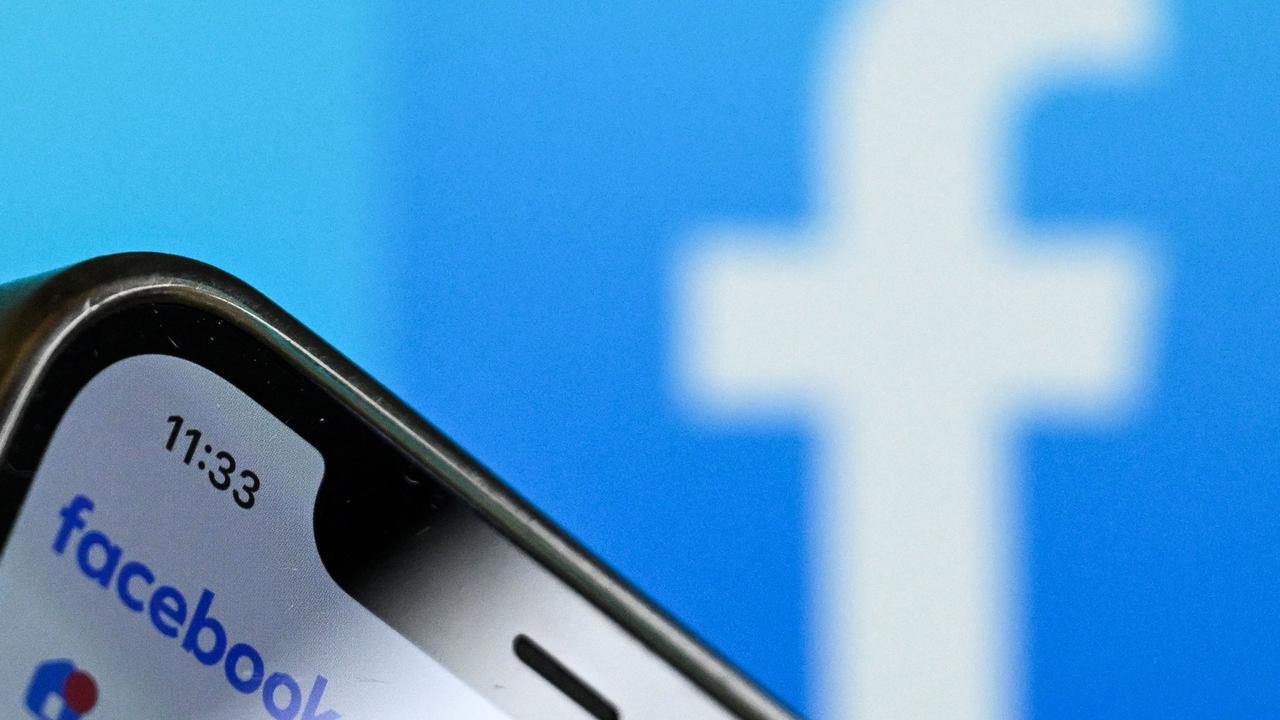US President Barack Obama trims National Security Agency's phone monitoring powers
UPDATE: JULIAN Assange has dismissed Barack Obama's proposals to curb the National Security Agency's reach, saying they'll change very little.
Online
Don't miss out on the headlines from Online. Followed categories will be added to My News.
WIKILEAKS founder Julian Assange has dismissed President Barack Obama's proposals to curb the reach of the National Security Agency (NSA), saying they would change very little.
In a speech intended to quell the furore over surveillance programs leaked by Edward Snowden, Obama said spy taps on friendly world leaders would be halted while foreigners caught in US data mining would be given new protections.
Obama, however, argued that bulk data collection must be allowed to continue in order to protect America from terrorists.
Assange described Obama's speech as "embarrassing'', telling CNN in an interview from London that the proposals would have little effect.
Obama had been "dragged, kicking and screaming'' into making Friday's comments, only because of revelations from Snowden and other intelligence leakers before him, Assange said on Friday.
"It's embarrassing for a head of state to go on like that for 45 minutes and say almost nothing,'' Assange told CNN.
"He is being very reluctant to make any concrete reforms. And unfortunately today we also see very few concrete reforms.''
Assange was sceptical that a move obliging NSA agents to seek endorsement from the Foreign Intelligence Surveillance Court (FISA), before accessing data on a specific target would be effective.
"The FISA court ... is known to be the most secret captive court in the United States that's producing secret judge-made law,'' Assange said.
He also said the appointment of a public advocate to sit on the FISA court was "unlikely to produce a decent result''.
A pledge not to spy on friendly world leaders was also meaningless, Assange said.
"We're not going to spy on (German Chancellor) Angela Merkel or (British Prime Minister) David Cameron. Or the Australian prime minister. Sure. But let me just spy on everyone else they talk to. It doesn't mean anything to not spy on world leaders.''
Assange has been holed up in the Ecuadoran embassy in London since 2012, where he is fighting extradition to Sweden.
His lawyers fear if sent to Sweden to face questioning over sexual assault allegations he may then in turn be sent to the United States for prosecution over the leaks of classified American military and diplomatic documents.
Obama's proposals seemed to represent a search for a compromise between demands of civil liberties advocates - who see all bulk data collection as unconstitutional - and resistance from the US intelligence community.
At the heart of the changes is a commitment from the president to end the NSA's hoarding of telephone "metadata" detailing the duration and destination of calls but not their content.
"I believe critics are right to point out that without proper safeguards, this type of program could be used to yield more information about our private lives, and open the door to more intrusive, bulk collection programs," Obama said.
"I believe we need a new approach. I am therefore ordering a transition that will end the Section 215 bulk metadata program as it currently exists, and establish a mechanism that preserves the capabilities we need without the government holding this bulk meta-data."
Obama called on Attorney-General Eric Holder and the NSA to come up with alternative ways to hold the data within 60 days.
Possible alternatives include keeping data with telecommunications firms that are currently compelled to turn it over to the NSA or to deposit it with a third party.
Phone companies have, however, baulked at involvement.
Obama also said that from now on, NSA agents would have to require court permission before accessing data on a specific target of interest, for instance in an anti-terror investigation.
The NSA will also now only be permitted to access call data from people at two removes from a terror suspect. Previously it could probe three "hops" beyond a suspect call.
But the president made clear that the retention of phone data could provide a vital tool for US spies to trace links between terror suspects and must continue.
"Being able to quickly review telephone connections to assess whether a network exists is critical to that effort," Obama said.
The president also said that he had already ordered a halt to dozens of phone taps of friendly foreign leaders and heads of state.
"I have made clear to the intelligence community that - unless there is a compelling national security purpose - we will not monitor the communications of heads of state and government of our close friends and allies."
The move followed a furor over claims by Snowden, the fugitive US contractor now exiled in Russia, that US spies had eavesdropped on the mobile phone of German Chancellor Angela Merkel and other leaders.
Obama is also taking the unprecedented step of extending personal protections enjoyed by Americans to foreigners caught in internet data sweeps.
The measures include restrictions on how long data can be held and on how US spies can access the content of internet surfing, a senior US official said.
Obama's efforts appeared to be an attempt to restore public confidence in secretive US espionage activity and to clip the wings of intelligence agencies, without crushing their power to thwart terror attacks on US soil.
Snowden has fuelled months of revelations by media organisations over data mining and spying on foreign leaders by the NSA in one of the biggest security breaches in US history.
The disclosures have infuriated US allies, embarrassed Obama administration diplomats and shocked privacy campaigners and MPs.
The president, who has demanded Snowden return home to face trial, only mentioned the US nemesis in passing.
"The sensational way in which these disclosures have come out has often shed more heat than light, while revealing methods to our adversaries that could impact our operations in ways that we may not fully understand for years to come," Obama said.
While Obama's proposed reforms appear tangible, they are unlikely to satisfy civil liberties campaigners who want an end to all bulk data collection.


